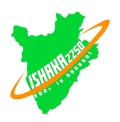PROGRAMMES
SDGs Education in the Community
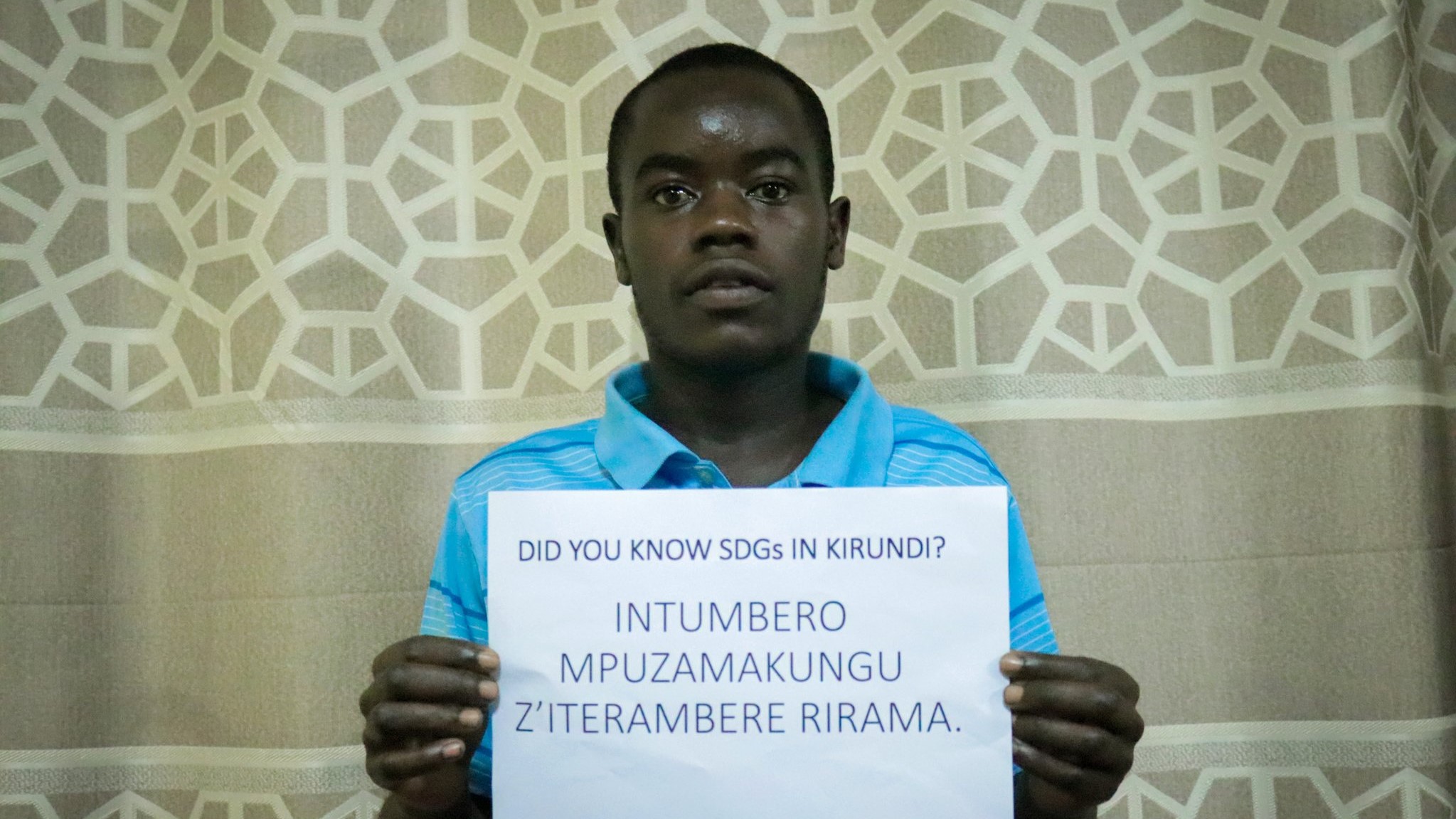
Training workshops for peer educators (out-of-school youth, men and women) The Sketches on raising awareness of the SDGs and award-winning questions and answers to check and compare the level of understanding according to the sector visited. It is urgent to highlight that we have done creation of SDGs modules in KIRUNDI for the education facility.
In these workshops and trips to the community, this is a question of raising awareness among this category of people who have a certain authority to educate their peers to spread the message as far as possible because, in turn, will reapply them in their respective communities. and after there will presentation on the SDGs sketches in public in presence of local leaders so that the whole mass meets how it is urgent to take care of the Sustainable Development Goals for the well-being of the sustainable future of the following generations.
SDGs Education in Schools
Training workshop on SDGs for opinion leaders: Directors and teachers, class representatives, students, certain schools: direct visits to schools (Give flyers, SDG leaflet, posters, banners, stand roll and SDGs modules). Link between school curricula and these studies of the SDGs for the sustainable future, interschool competitions of the SDGs (poems, speeches, slams, songs, games in the modules.
Training workshops against personalities who exert a certain influence in schools and campuses prove to be important so that our educational objective on the SDGs is quickly understood and exchanges of ideas on how this method could well materialize in for a short time and at the end give some copies of the flyers, leaflets containing all the SDGs indication.
Interschool competitions on poetry and songs related to the SDGs and often reward the best text and presentations to encourage and inculcate culture of Sustainable Development Goals in Burundi.
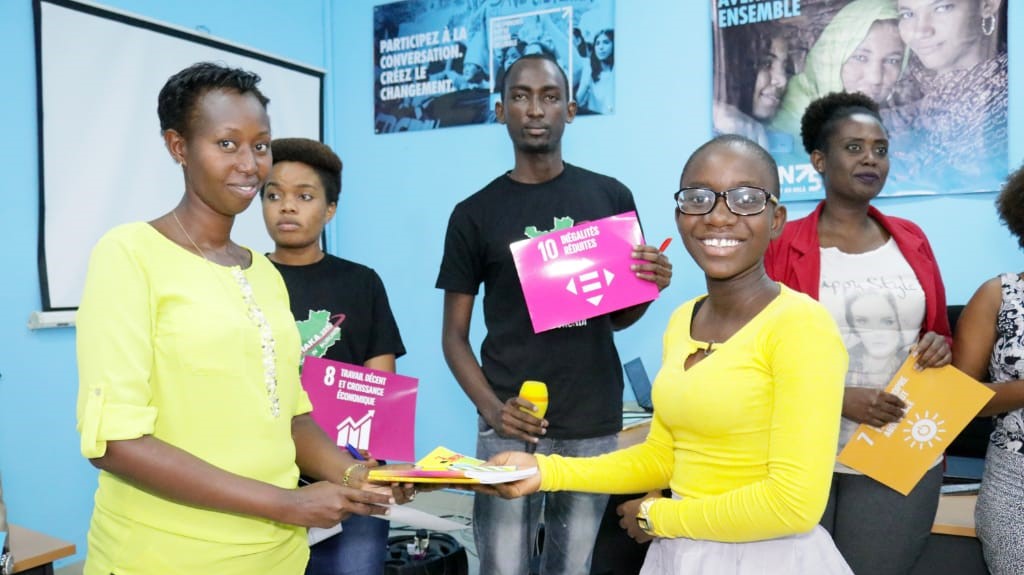
Social Cohesion / Peacebuilding
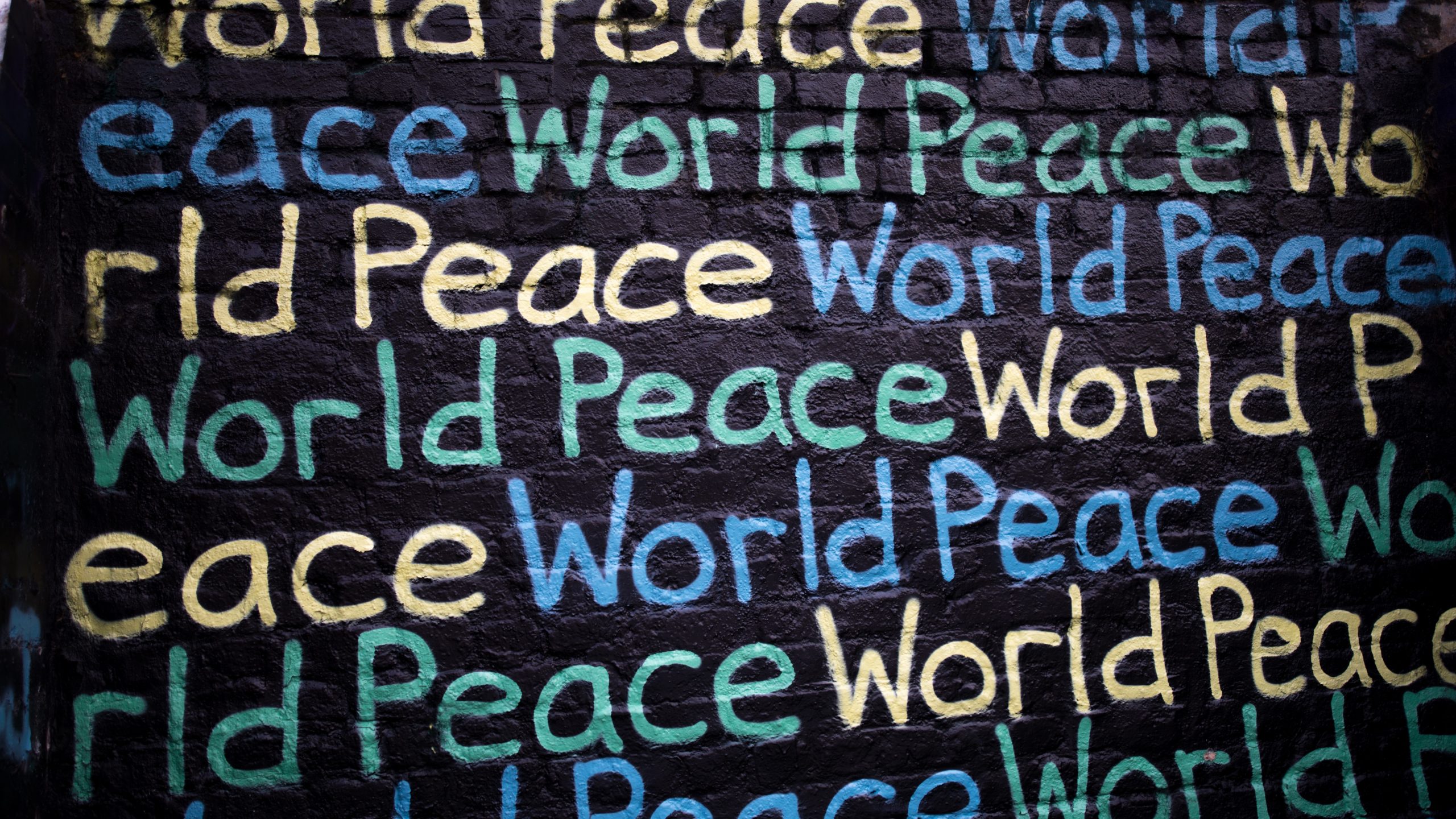
Young people are both actors and victims of conflicts in Africa, this cycle can end if they are sensitized by the right person.
Activities like boys ‘and girls’ inter-neighbourhood football matches, games on the subject “YES to peace, NO to violence”, gender equality will probably be imperative. Football matches of men and women organized so that there is a good relationship between people from different neighbourhoods to break the old barriers that divide people according to neighbourhoods and in the end,
who agree on sustainable development issues in the purpose of teaching them nonviolent communication. On the contrary, youth is often used as shields in the event of war or conflict because most of them live in extreme poverty and in this case that are easily manipulated. It is in this perspective that the idea of designing an organization was born so that the population is not used as puppets but that it must participate in peace consolidation, conflict resolution, and contribute in sustainable development because they have both physical and intellectual strength but also know the situation of their brothers and sisters.
Inspired by RESOLUTION 2250, And this fits well with the United Nations resolution of 9 December 2015 which advocates the inclusion and participation of young people in the consolidation of peace and security, their effective participation in socio-economic, political, environmental and cultural development hence the name 2250 which bears the name of this resolution. ISHAKA 2250, it is to describe the courage, the strength, the will that young people have and that must be used in the prevention and resolution of conflicts, in the establishment of sustainable peace, the activities of teaching young people non-violent communication is urgent.
This is good because having many young people is a major asset following the contribution they can make to peacebuilding and economic, cultural and innovative prosperity.
Radio and TV Program on the SDGs
Our objectives to reach a majority of the population, radio is a medium more picked up by people who live in rural areas which concentrate more than 90% of the Burundian population, a program will be devoted to this category of the population. invest in the SDGs for a sustainable future.
Television, on the other hand, is a demonstration medium par excellence which will show the importance of implementing the Sustainable Development Goals through documentaries, theatres and certain children’s games.
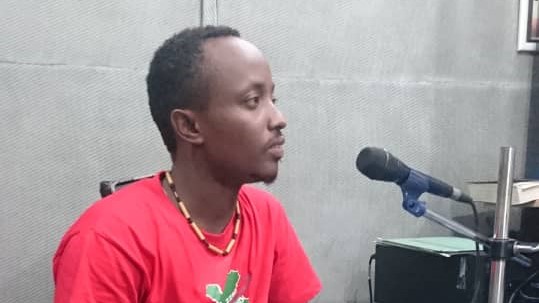
Climate Action Initiatives
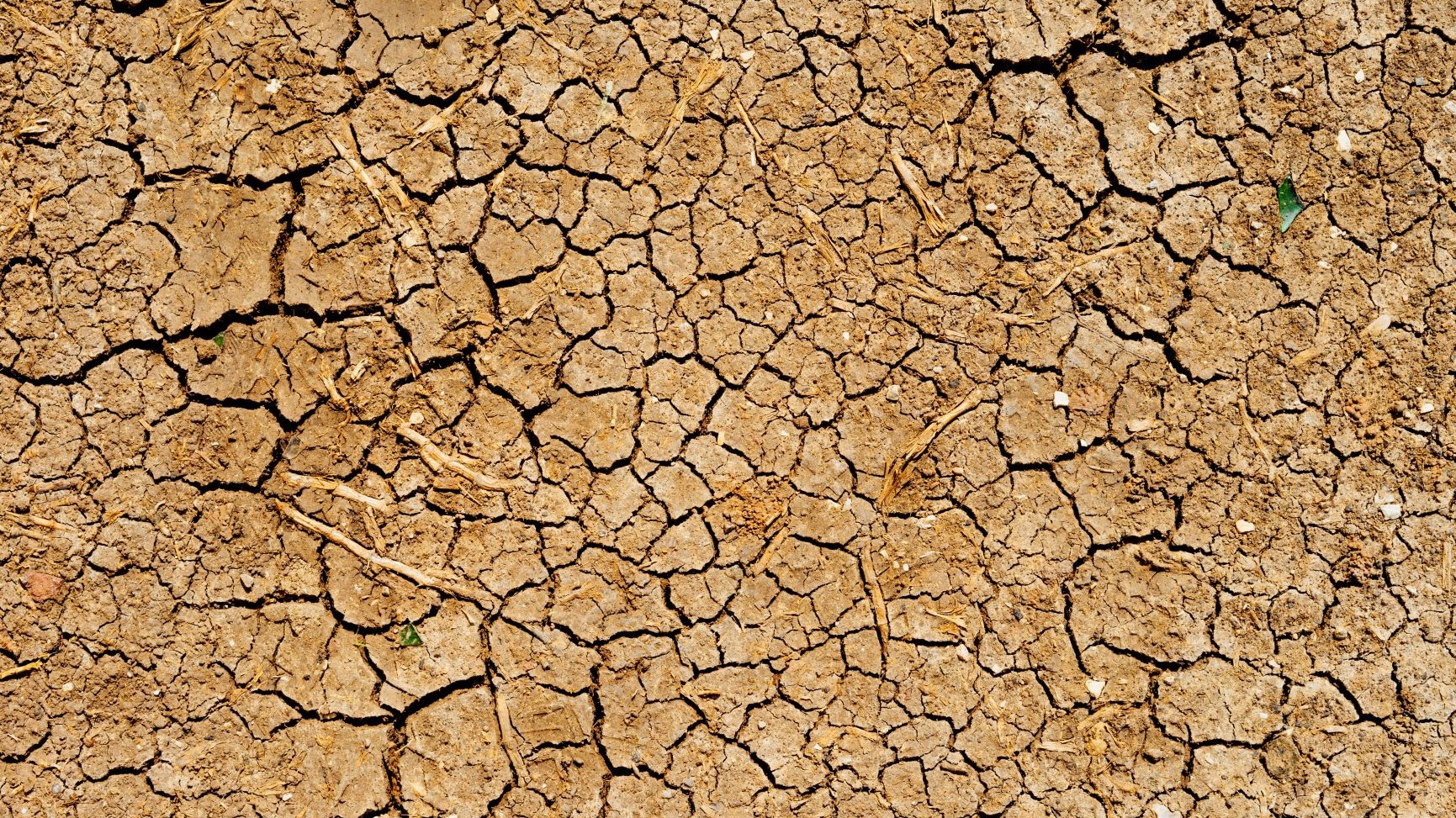
Nature is suffering and is clearly urging a call to action. In order to contribute to the fight against climate change, various activities are in place, notably the revegetation of the foothills of Mumirwa, the watersheds of Lake Tanganyika and along the rivers and streams crossing the city of Bujumbura in order to reduce and if possible eradicate the various climatic hazards (floods, landslides, bacterial and vectorial diseases as well as other resulting effects) and the elimination of waste (especially plastic and sachets) and invasive plants in order to contribute to the protection of Lake Tanganyika and its biodiversity.
The establishment of nurseries for seedlings in different localities of the country will facilitate reforestation activities in order to improve the services offered by ecosystems, namely: air and water purification, climate and diseases regulation, erosion control, moderation of floods and drought as well as renewal of soil fertility.
Initiatives climatiques
La Nature souffre et nous envoie des signaux forts que cette génération ne peut pas tolérer. Dans le but de contribuer dans la lutte contre la variabilité climatique, différentes activités sont en place notamment la végétalisation des contreforts de Mumirwa, des bassins versants du lac Tanganyika et le long des rivières et ruisseaux traversant la ville de Bujumbura dans le but de réduire et si possible éradiquer les différents aléas climatiques ( les inondations, les glissements de terrains, les maladies bactériennes et vectorielles ainsi que d’autres effets qui en résultent) et l’élimination des déchets (plastiques et sachets surtout) et des plantes envahissantes afin de contribuer à la protection du lac Tanganyika et sa biodiversité.
La mise en place des pépinières pour les plantules dans différentes localités du pays va faciliter les activités de reboisement afin d’améliorer les services offerts par les écosystèmes à savoir : la purification de l’air et de l’eau, la régulation du climat et des maladies, le contrôle de l’érosion, la modération des inondations et de la sécheresse ainsi que le renouvellement de la fertilité des sols.
